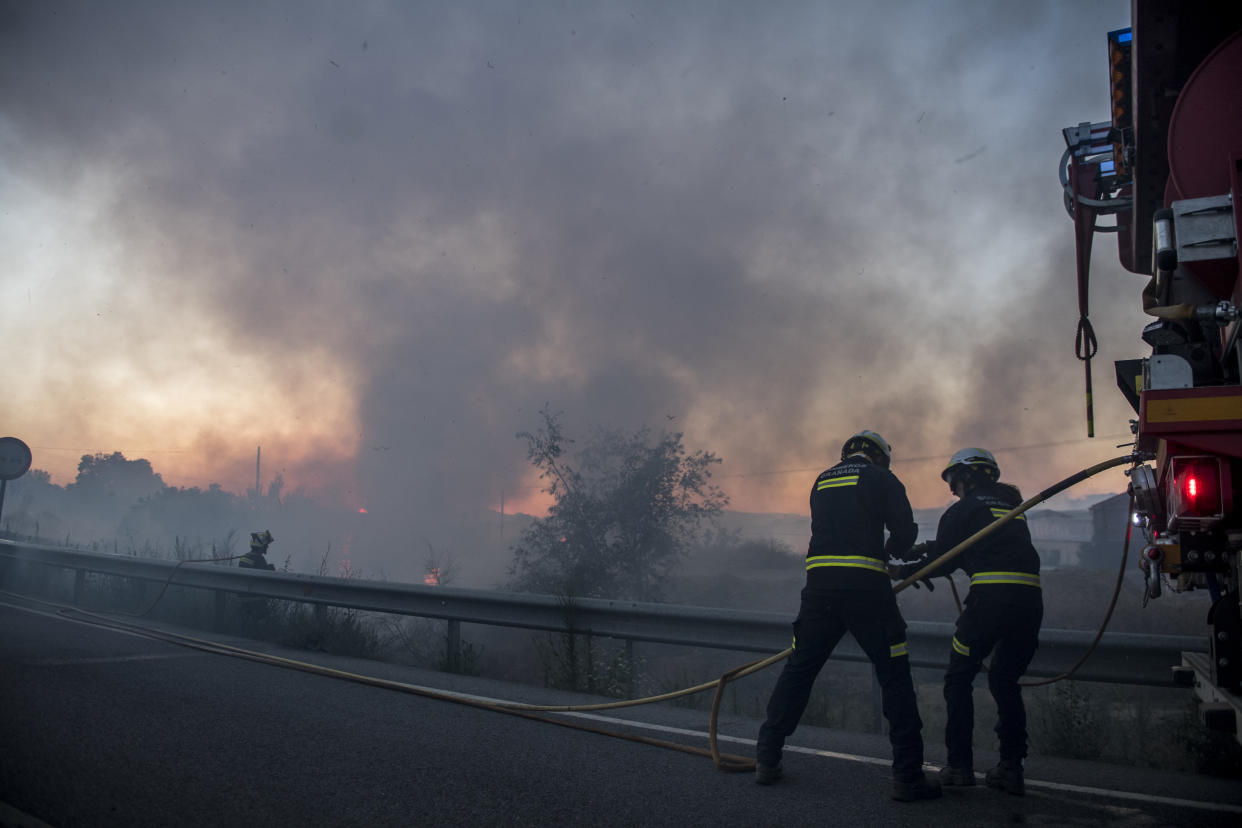More than 5 million deaths a year ‘due to abnormal temperatures’

More than 5 million people die every year due to abnormal hot and cold temperatures, according to a new study.
The Monash University study found that deaths related to hot temperatures have risen in all parts of the planet from 2000 to 2019.
Climate change means that such deaths will continue to rise, the researchers believe.
The international research team looked at mortality and temperature data across the world from 2000 to 2019, as global temperatures rose by 0.26C per decade.
The study, the first to definitively link above and below optimal temperatures to annual increases in mortality, found 9.43% of global deaths could be attributed to cold and hot temperatures.
Read more: Why economists worry that reversing climate change is hopeless
This equates to 74 excess deaths for every 100,000 people, with most of the deaths caused by cold exposure.
Cold-related death decreased 0.51% from 2000 to 2019, while heat-related death increased 0.21 per cent, leading to a reduction in net mortality due to cold and hot temperatures.
Professor Guo, from the Monash University School of Public Health and Preventive Medicine, said this shows global warming may “slightly reduce the number of temperature-related deaths, largely because of the lessening in cold-related mortality.
"However, in the long-term, climate change is expected to increase the mortality burden because hot-related mortality would be continuing to increase."
Read more: A 1988 warning about climate change was mostly right
Professor Guo said previous studies had looked at temperature-related mortality within a single country or region.
“This is the first study to get a global overview of mortality due to non-optimal temperature conditions between 2000 and 2019, the hottest period since the pre-industrial era,” he said.
“Importantly, we used 43 countries’ baseline data across five continents with different climates, socioeconomic and demographic conditions and differing levels of infrastructure and public health services – so the study had a large and varied sample size, unlike previous studies.”
The mortality data from this ground-breaking Monash study is significantly higher than the second-largest study, published in 2015, which was based on 74 million deaths across 13 countries/regions and estimated 7.7% of deaths were related to cold and hot temperatures.
Watch: Climate change turns world's highest resort into ghost town


